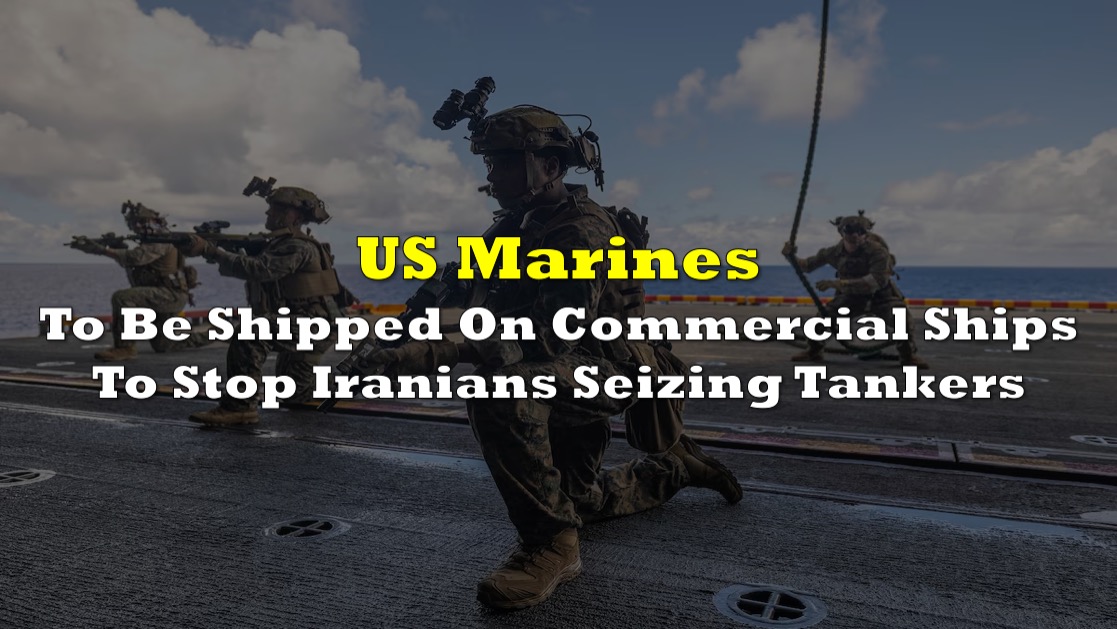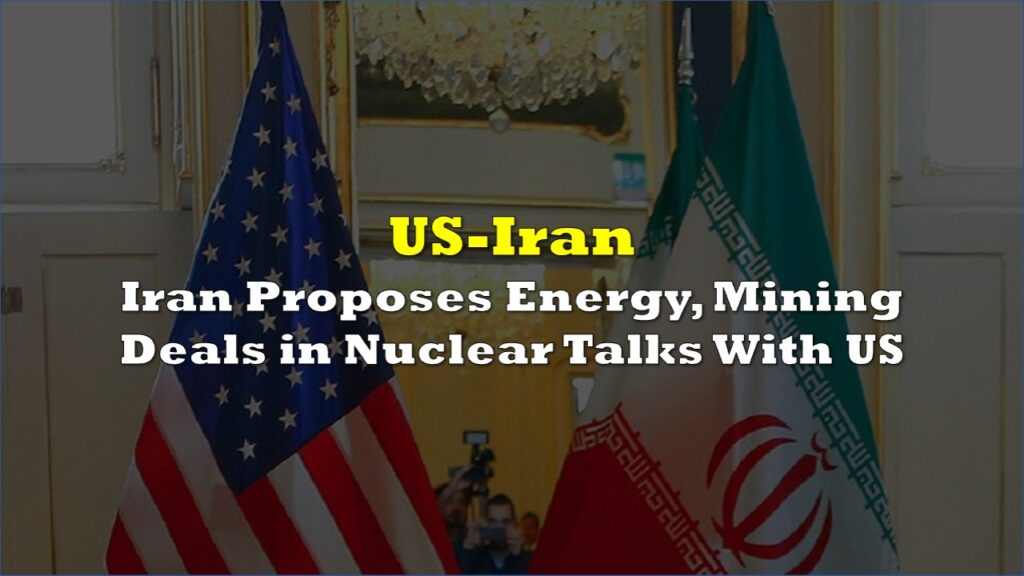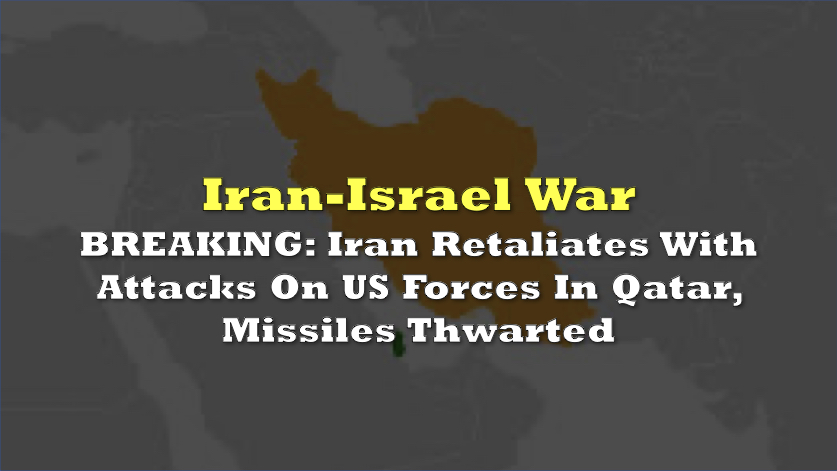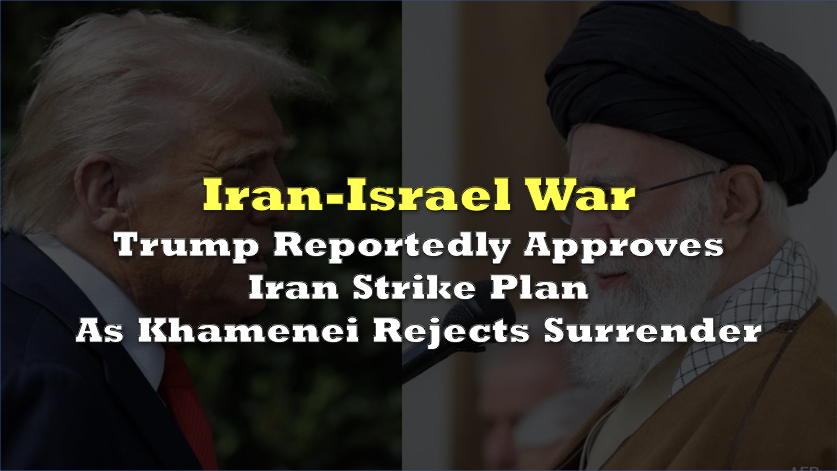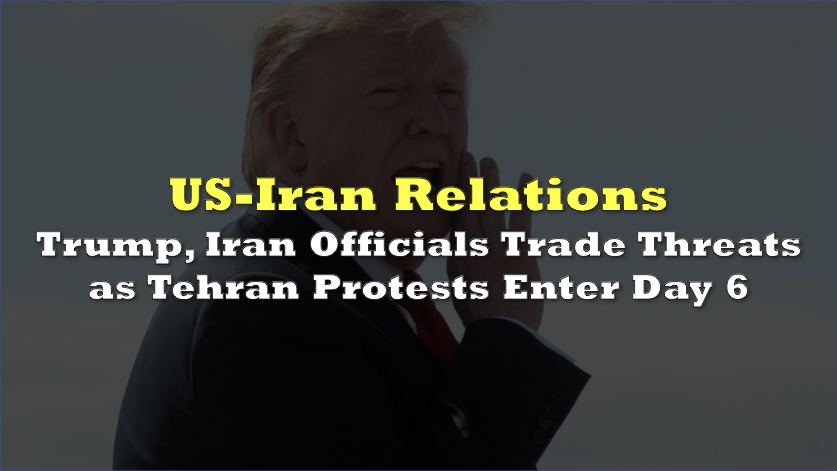The U.S. military is making preparations to deploy armed Marines and sailors on commercial ships operated by private companies in response to a series of vessel seizures by Iranian forces in the Middle East, officials revealed on Thursday. This move represents a significant escalation that could potentially lead to direct confrontation between Washington and Tehran.
While the plan has not yet received final approval, it has gained support from senior Biden administration officials and is expected to begin this month, according to an anonymous official familiar with the military planning. Marines from Camp Lejeune, N.C., have been transported to Bahrain and received specialized training, with additional personnel set to join them aboard American warships soon.
“We have a cohort on the ground,” the official said. He added that the “policy decision has pretty much been made.”
Although the policy decision is near completion, a second U.S. official confirmed that the proposal is still being discussed at the Pentagon and has not been officially endorsed.
The Pentagon spokesman, Brig. Gen. Patrick Ryder, declined to comment on the plan during a press briefing on Thursday. Meanwhile, John Kirby, a spokesman at the White House, directed inquiries to the Defense Department, noting the significance of the Strait of Hormuz where some of the incidents have occurred. The strait is a crucial waterway connecting the Persian Gulf to the Gulf of Oman and beyond, with approximately 20% of the world’s crude oil being transported through it.
This effort, which was first reported by the Associated Press, is just one of several robust actions being pursued by the Biden administration in response to an alleged increase in Iran’s attempts to seize commercial tanker ships.
“We have a cohort on the ground,” the official said. He added that the “policy decision has pretty much been made.”
The tensions in the region escalated on July 5 when Iranian forces attempted to commandeer two civilian tanker ships, with one of them, the Richmond Voyager, being fired upon and struck by Iranian forces. The arrival of the USS McFaul thwarted their efforts, prompting the Iranian forces to retreat.
In another incident in June, U.S. and British warships responded to a distress call from a merchant vessel in the Strait of Hormuz that was being harassed by three Iranian fast-attack boats. The presence of the warships deterred the Iranian boats.
This pattern of harassment of commercial vessels has been a recurring issue, leading to the U.S. military now taking a more robust stance to counter such actions.
In addition to the deployment of advanced F-35 jets, fighter aircraft, and A-10 attack jets to the Persian Gulf region, the Pentagon has sent an extra Navy destroyer to reinforce the presence of American military vessels in the area. However, these deployments have drawn criticism from Iranian officials, who consider them destabilizing and provocative.
The Marines selected for the mission in Bahrain are from the 26th Expeditionary Unit, a naval force that typically deploys on Navy warships. Other members of the unit are currently stationed on the USS Bataan, USS Carter Hall, and USS Mesa Verde, and are expected to arrive in the Middle East shortly.
Information for this briefing was found via The Washington Post and the sources mentioned. The author has no securities or affiliations related to the organizations discussed. Not a recommendation to buy or sell. Always do additional research and consult a professional before purchasing a security. The author holds no licenses.

